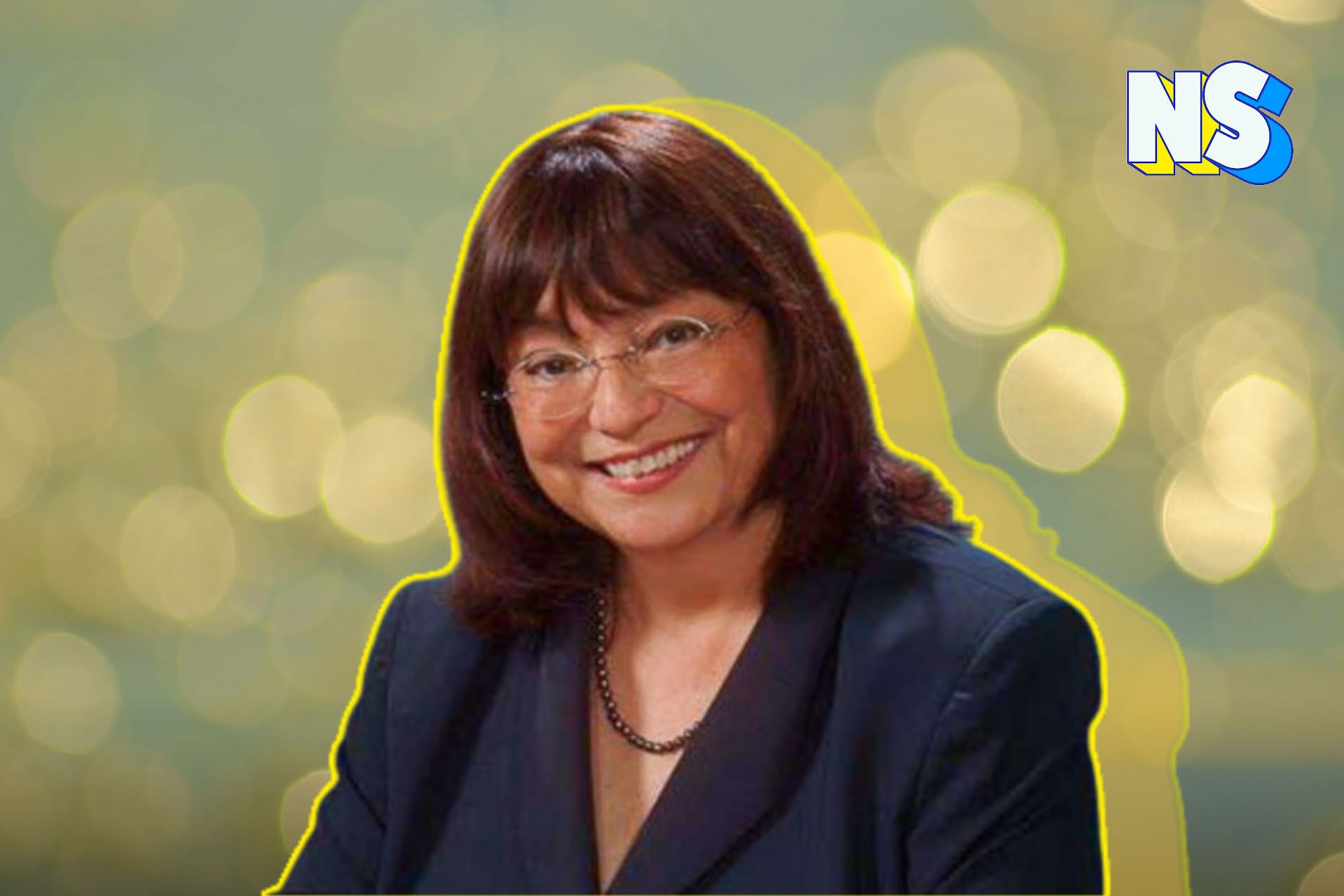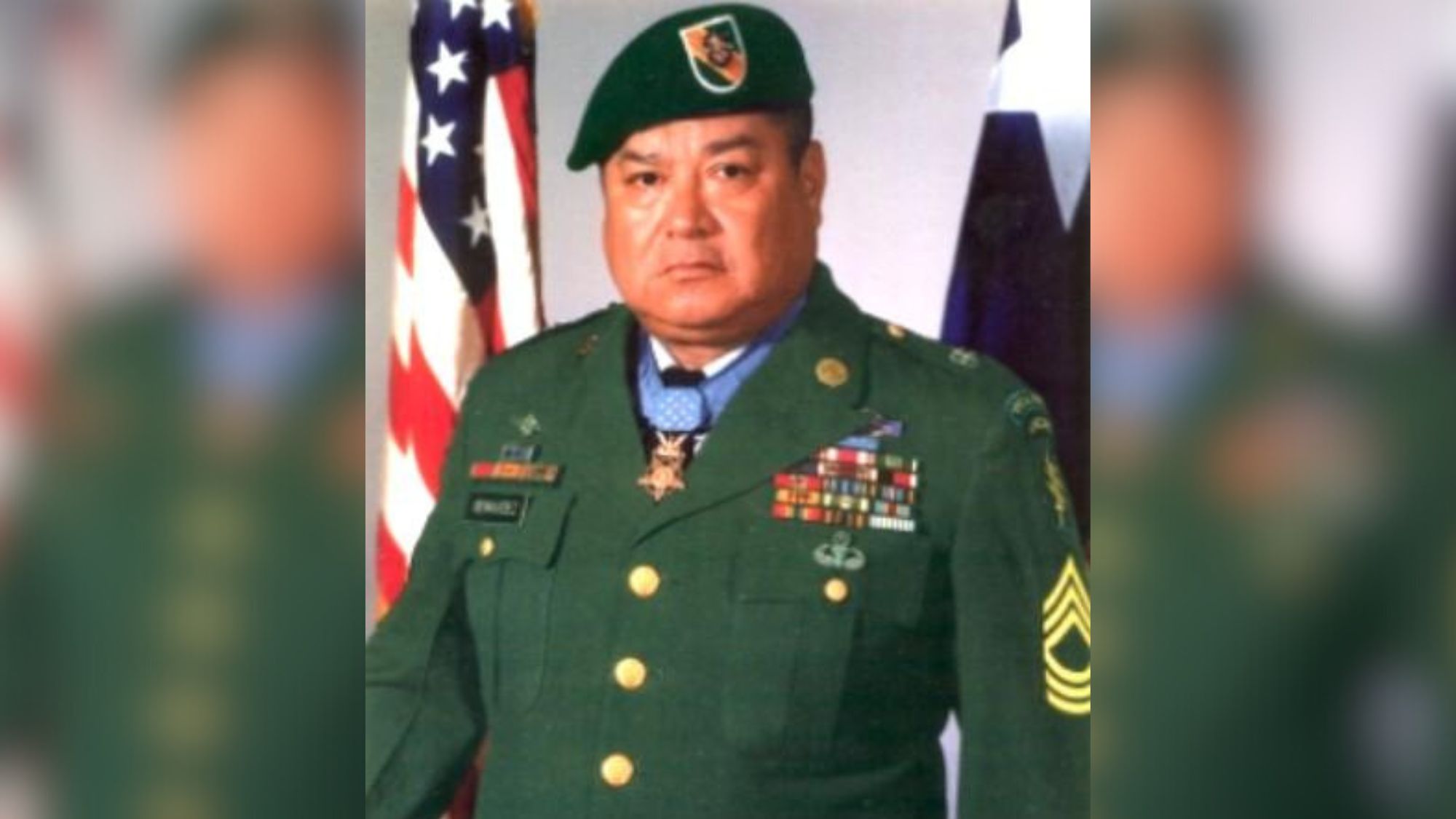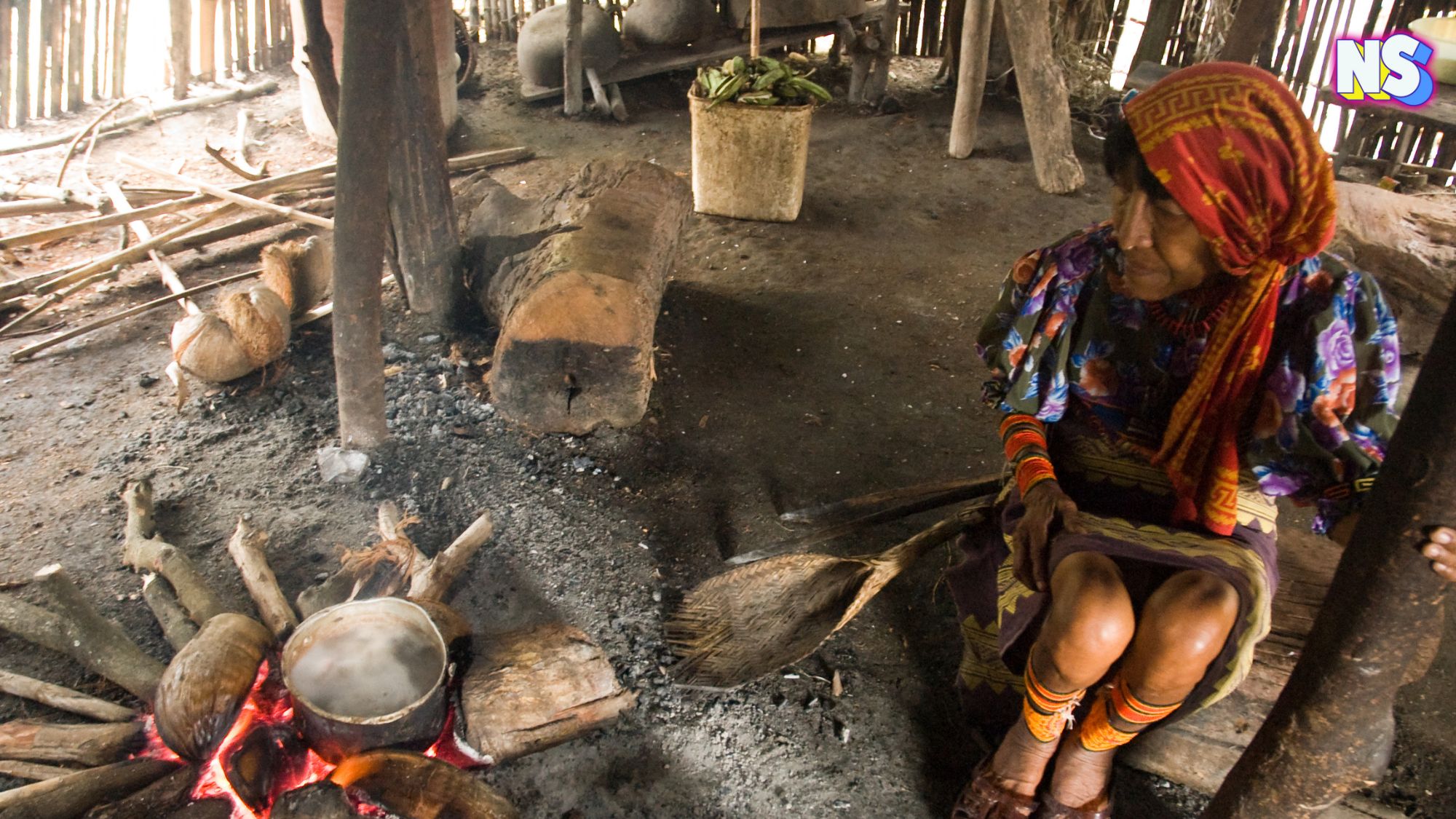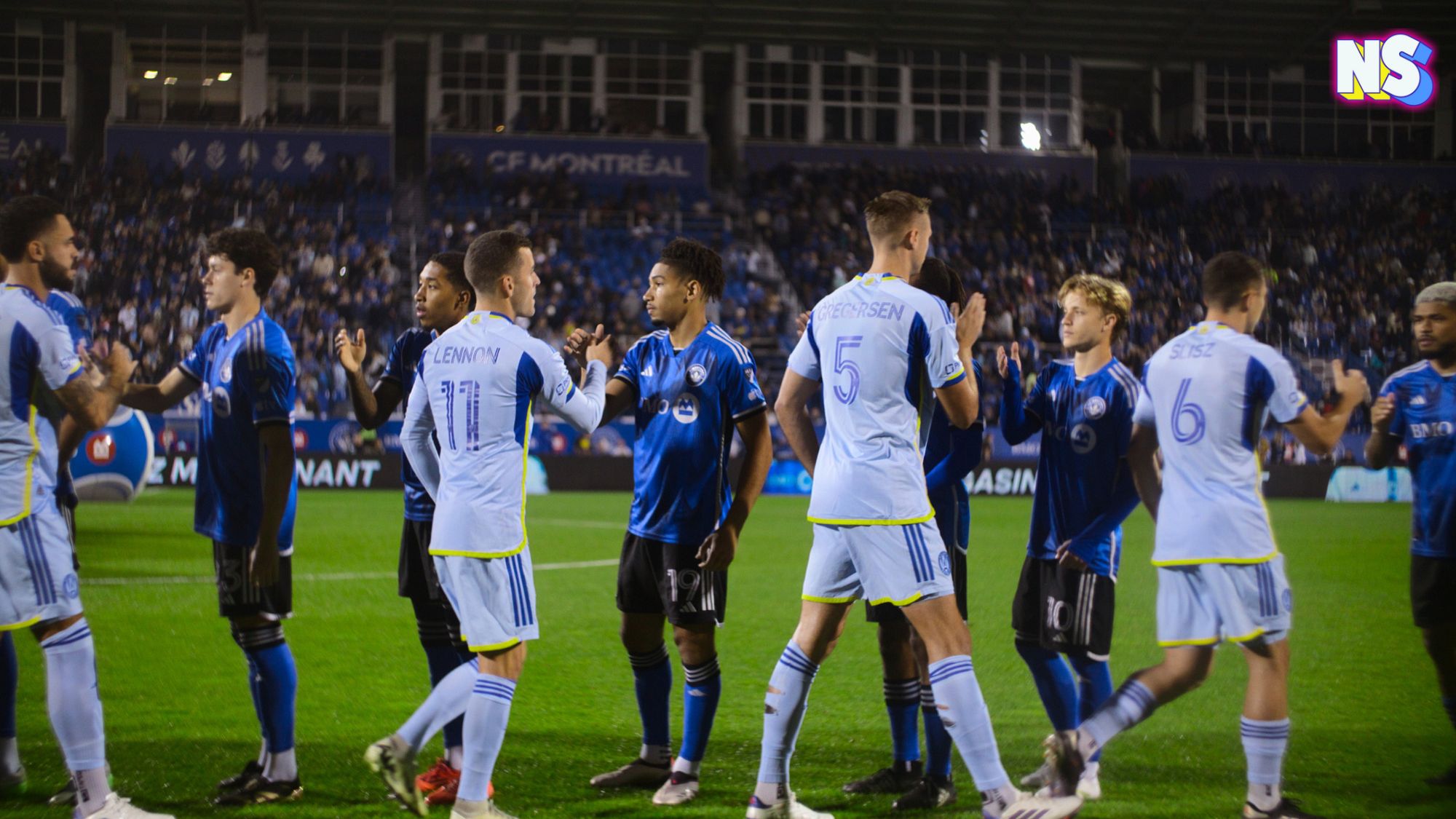Credit: Nuestro Stories
Born in Santa Fe, New Mexico to a mother and grandmother who encouraged her to understand the world around her – and a chemist uncle who encouraged her desire to create her own worlds around her – it is no wonder that Lydia Villa-Komaroff became the superhero she became. The life saving, insulin creating, award-winning kind.
With an early love of nature, science, and generally understanding how things worked, Lydia kept her nose in the proverbial books, graduating high school in Santa Fe before moving to Seattle to attend the University of Washington to follow in her uncle’s chemist footsteps. It was there that she was first told chemistry wasn’t a place for women. She became so discouraged she changed her major to biology. From U of W, she went on to MIT to continue her studies – and from MIT she ended up at Harvard.
While in Harvard, Lydia first found herself working on a team of scientists doing research that would end up making a historical breakthrough; this would leave a long-lasting impact on the advancement of the treatment of diabetes, a disease that is often associated with Latinos. Lydia was a key member and found how bacteria could be induced to produce insulin, a milestone in the development of the biotechnology industry.
Read more: This Latina Is the Genius Behind Our Favorite Emojis
Normally a naturally produced substance in the human body, insulin is used to help assist in the regulation of your blood sugar levels, along with storing glucose in your liver, muscles and fat – and regulating your metabolism. Through the onset of diabetes, the body is unable to produce the insulin required. If untreated, it can lead to ketoacidosis, a state where your blood becomes like acid to your body, which can cause organs to fail and the body to inevitably shut down.
Through her discovery, she allowed for the mass production of insulin to change, providing more access to the medicine on a wider scale. On top of her scientific achievements, Lydia has also fought for equity in the sciences and research fields. She is a co-founding member of the Society for the Advancement of Chicanos and Native Americans in Science (SACNAS); it was established to not only fight for equity in the industry, but to also offer Chicano and Indigenous students a place to find their desire nurtured rather than dashed ( as hers had been when first entered into University.)
Thank goodness.





